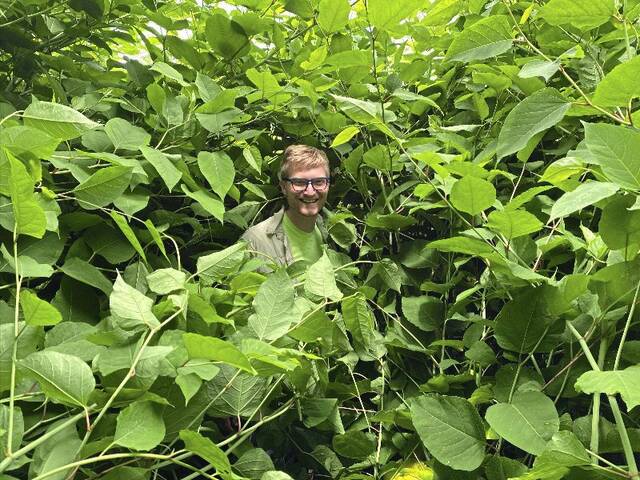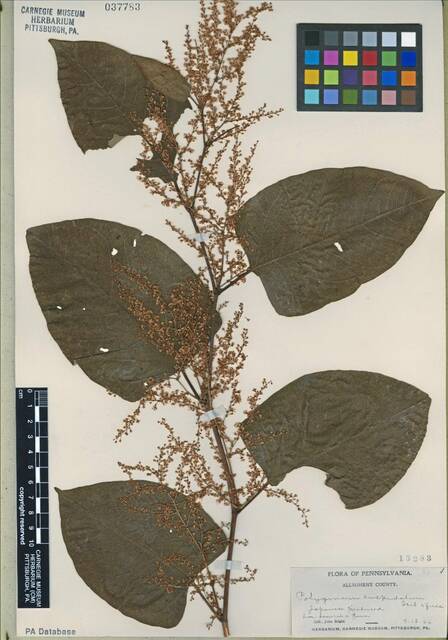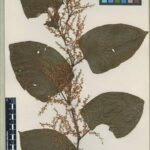Carnegie Museum of Natural History officials may catalog the existence of invasive plant species in Western Pennsylvania. But that doesn’t meant they like them, or want them here.
With $225,000 in hand from the Richard King Mellon Foundation, museum officials will embark on a campaign later this year in partnership with the local Audubon Society, Phipps Conservatory, the Pittsburgh Botanic Garden and other groups to raise awareness about the damage caused by invasive species.
“From weeds in your garden to invasive species in natural areas, the topic of introduced plants is not only a scientifically complex problem, but also a societally complex one,” said Mason Heberling, the museum’s associate curator of botany. “Many invasive plants were intentionally planted at first — and some continue to be planted — with environmental consequences often realized only decades later.”
Japanese barberry, for example, was sold until recently as a popular landscaping shrub because deer will not browse on it. That same characteristic, however, makes it a popular haven for ticks.
Other invasives have been around for more than a century. The museum’s earliest catalogued appearance of Japanese knotweed in Western Pennsylvania dates back to 1920.
“Knotweed, which was brought to the U.S. originally for erosion control, is a very enthusiastic invasive,” said Louisa Fordyce, a master gardener with the Penn State Extension in Westmoreland County. “Right now I’m waging a personal campaign against it. There is a patch on my neighbor’s property, and I think I may sneak over some night and spray it with Round Up.”
Fordyce said Oriental bittersweet is also a big problem in local woodlands.
“It was brought here as an ornamental,” she said. “But it got loose. Now if you drive up Route 819 toward Slickville in the fall, you see tons and tons of those little orange berries. That’s all bittersweet.”
Carnegie officials care for a collection of more than 550,000 plant specimens, the largest collection of Western Pennsylvanian plants in the world.
That collection, and the scientific expertise of Carnegie researchers and partner organizations, will be leveraged through the grant to create and distribute a tool kit of resources to generate public awareness of invasive plants’ impact on local ecosystems and what people can do to slow their spread and prevent future introductions.
Resources are anticipated to include museum exhibition content, digital assets, videos, maps, infographics, printed materials, and shared messaging that can be customized to the unique needs of each participating organization’s audience.
The campaign will be distributed across a variety of outlets, including social media, printed handouts, and interpretive displays.
The museum will also include a new interactive exhibit in its Hall of Botany and at the Powdermill Nature Reserve in Cook Township along with a free online repository for educational materials and a social-media campaign encouraging community participation.
Heberling said elevating awareness about invasives is crucial.
“Species invasions are one of the top drivers of biodiversity change, here in Pennsylvania and around the world,” he said.
The grant-funded campaign is expected to run through December 2024.











